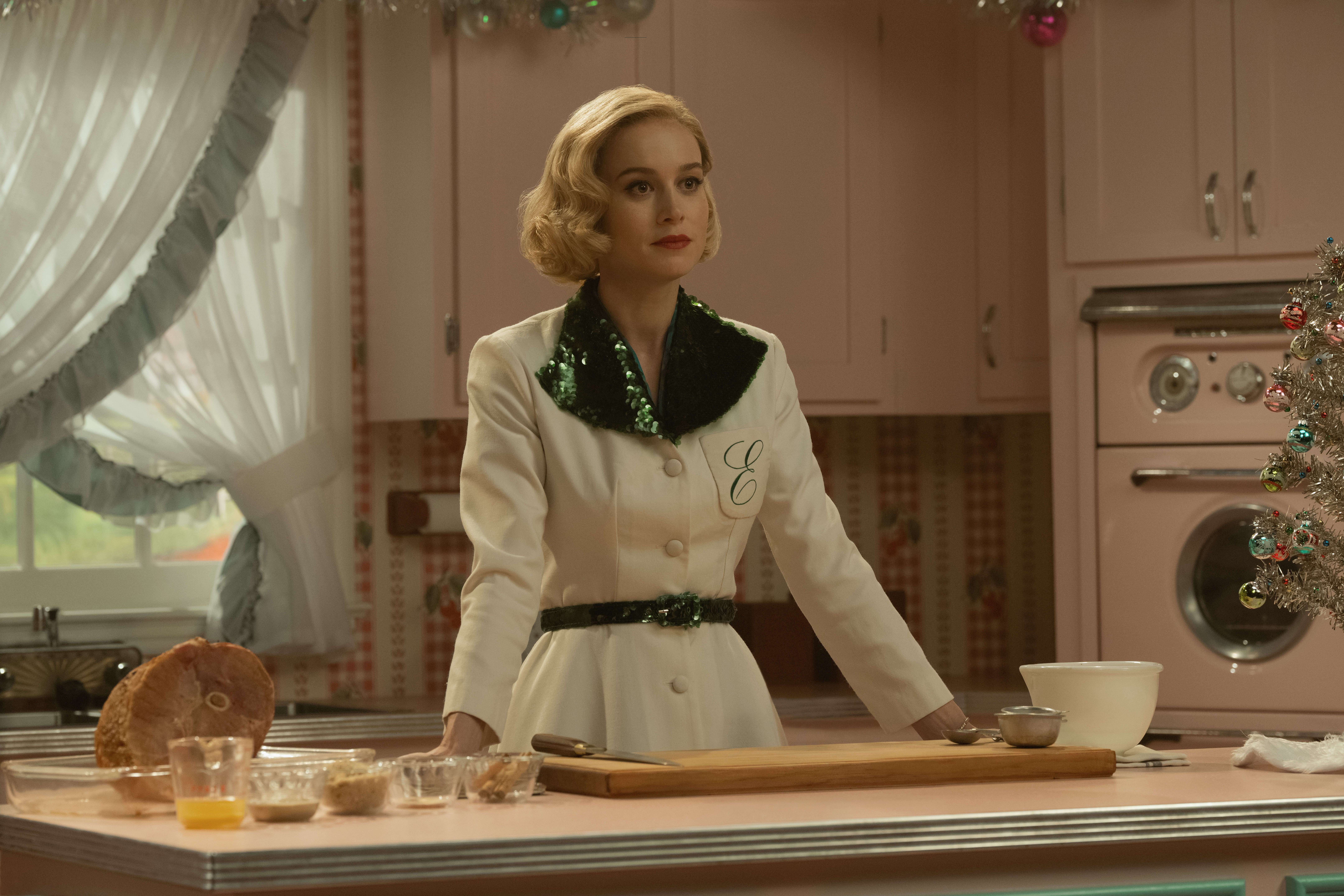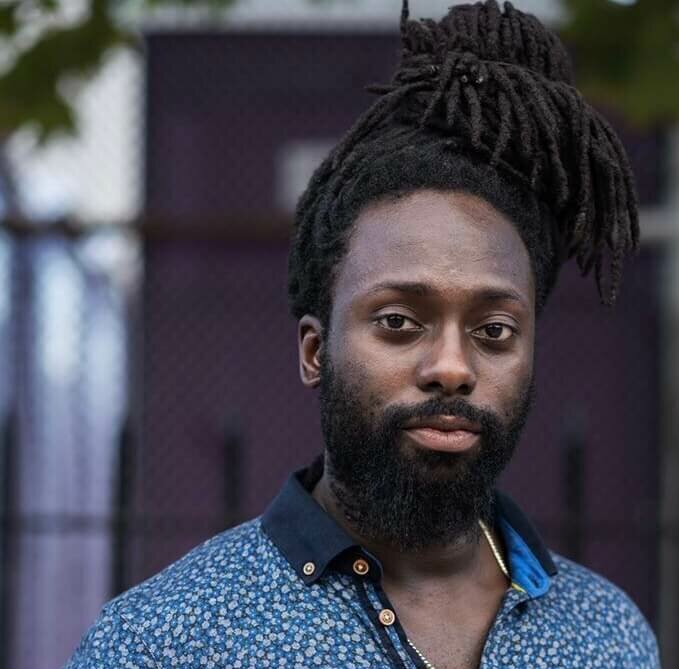Home Studio Building Essentials for Voice Actors Everywhere
The COVID-19 pandemic transformed every industry, including voiceover.
Before 2020, most voice actors relied on their local recording studios as the place to get their work done. Once the world began to lock down, studios shut down, and voice actors who already had home recording studios began getting the lion’s share of the work. With no end to the pandemic in sight, voice actors who didn’t have home recording studios adapted.
Now, it’s standard to have a home recording studio, as most of the work is done from voice actors’ personal booths. If you’re new to voiceover, setting up a home recording studio can seem like a daunting and expensive task.
If money and space aren’t concerns, you can always invest in home booths, such as a WhisperRoom or Studiobricks and be set, but if that is out of reach, there are plenty of budget-friendly and creative ways to build your home studio.
A very important tip for new and aspiring voice actors: your home studio should come before buying your gear and after your training. For more steps to navigate your voiceover career, check out Casting Networks’ Guide To Getting Started as a Voice Actor.
Here’s a quick rundown of what you need to know when it comes to building your booth:
Finding the Right Space for Your Home Studio
Your home recording studio starts with finding the proper space to sound treat it to get the least amount of noise when recording. Spaces can range from a carpeted room with no windows to a walk-in closet. Find the quietest place you can and start mapping out your booth.
A Note About Soundproofing
Soundproofing does not exist. Sound engineers hate this term for that reason. Soundproofing means you are eliminating all sound, which is impossible. Even the quietest professional recording studio will always have some sound waves bouncing off the walls.
The term you want to use is sound treating, which is the art of making your space as quiet as possible so that you can deliver a broadcast-ready voiceover recording.
How to Sound Treat Your Home Recording Studio
To treat the sound of your home voiceover booth construction site, you’ll want to grab materials to help absorb the sound so that less can reverberate around the walls of the booth. You’ll want to cover every surface—mainly the floor, walls, ceiling, corners and door.
Materials you’ll need to use are acoustic foam panels to cover your walls, ceiling and corners (corner wedges are called bass traps) to pad out your space. Heavy moving blankets can help with door frames and provide an extra layer of coverage. This combination works best for walk-in closets, where clothes on hangers can also help with sound absorption.
Larger spaces can use sound-absorbing panels instead of, or in tandem with acoustic foam panels. To cover the floors in both situations, carpeting, such as a shag rug, will do the trick.
Another option for larger spaces is to build a booth with PVC pipes, clamps and heavy moving blankets (voiceover legend Dee Bradley Baker has an extensive guide on building out a PVC booth).
For voice actors looking to start their journey, a home recording studio is essential for your career. When it comes to building it out, several options can work depending on your space, ranging from a walk-in closet booth to a PVC pipe booth.
Here’s a quick list of the items you’ll need to build out and sound treat your home studio:
- Acoustic foam panels or sound-absorbing panels for larger spaces
- Bass traps for corners
- Heavy moving blankets
- Carpeting, such as a shag rug
- PVC pipes (for larger spaces)
If you’re unsure of which home studio setup works best for you or how it’s going, ask a sound engineer. Many offer their services to help voice actors with their setup.
Voice acting casting calls and auditions are added to Casting Networks daily. Get in your booth and start auditioning today!
Casting directors use Casting Networks every day to discover people like you. Sign up or log in today to get one step closer to your next role.
You may also like:
- The Art of Silent Expression: Acting Without Words
- Fight Director Benedetto Robinson Gets into the Nitty Gritty of Fight Choreography, What it Means to Be an Actor Combatant
- Fincannon & Associates’ Kimberly Wistedt, CSA Talks Casting Netflix’s ‘Outer Banks’ and Atlanta’s Amazing Brunches
Chris Butera is a voice actor specializing in commercial, eLearning and corporate narration reads. When he’s not helping clients achieve their goals, he's playing guitar and bass.




